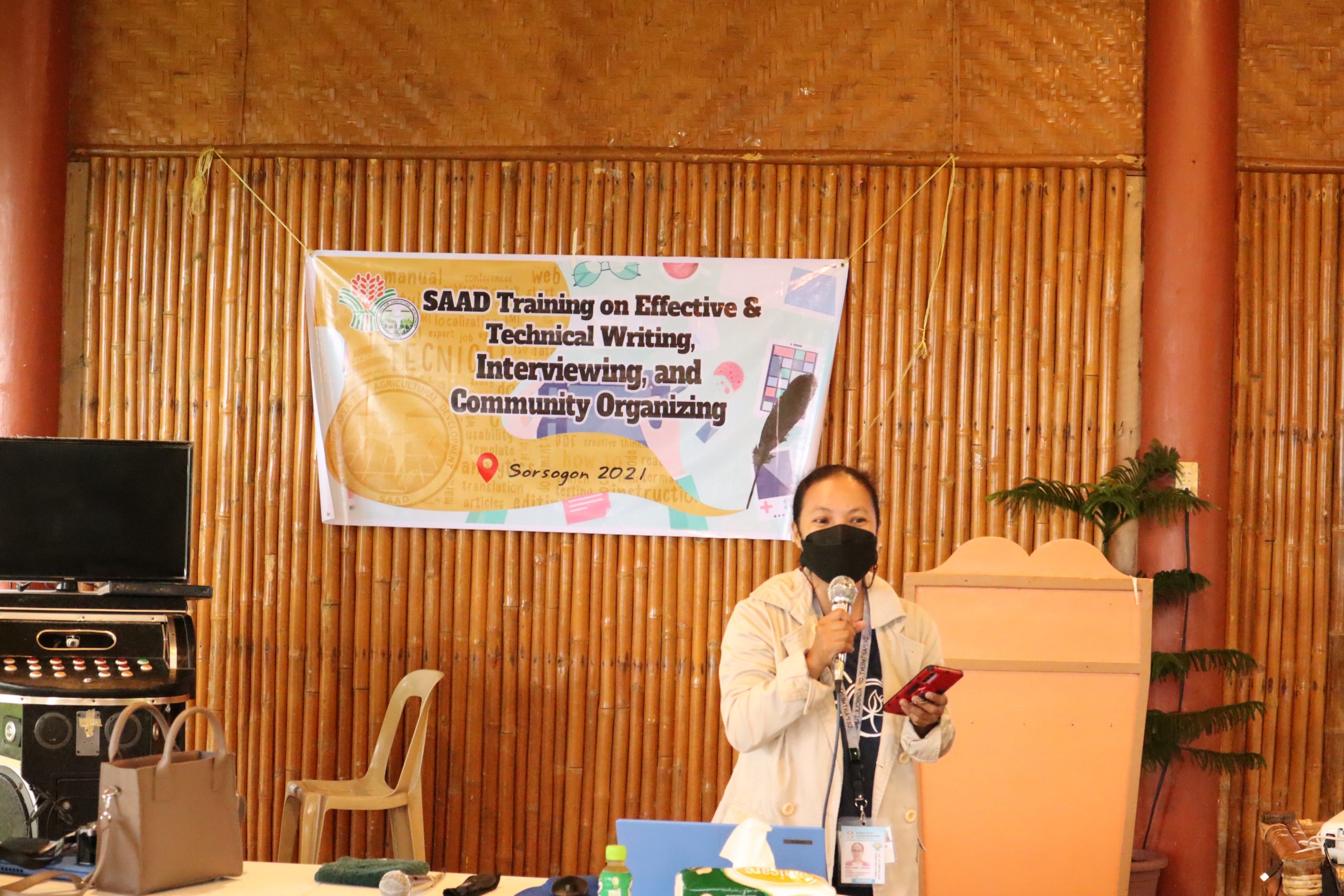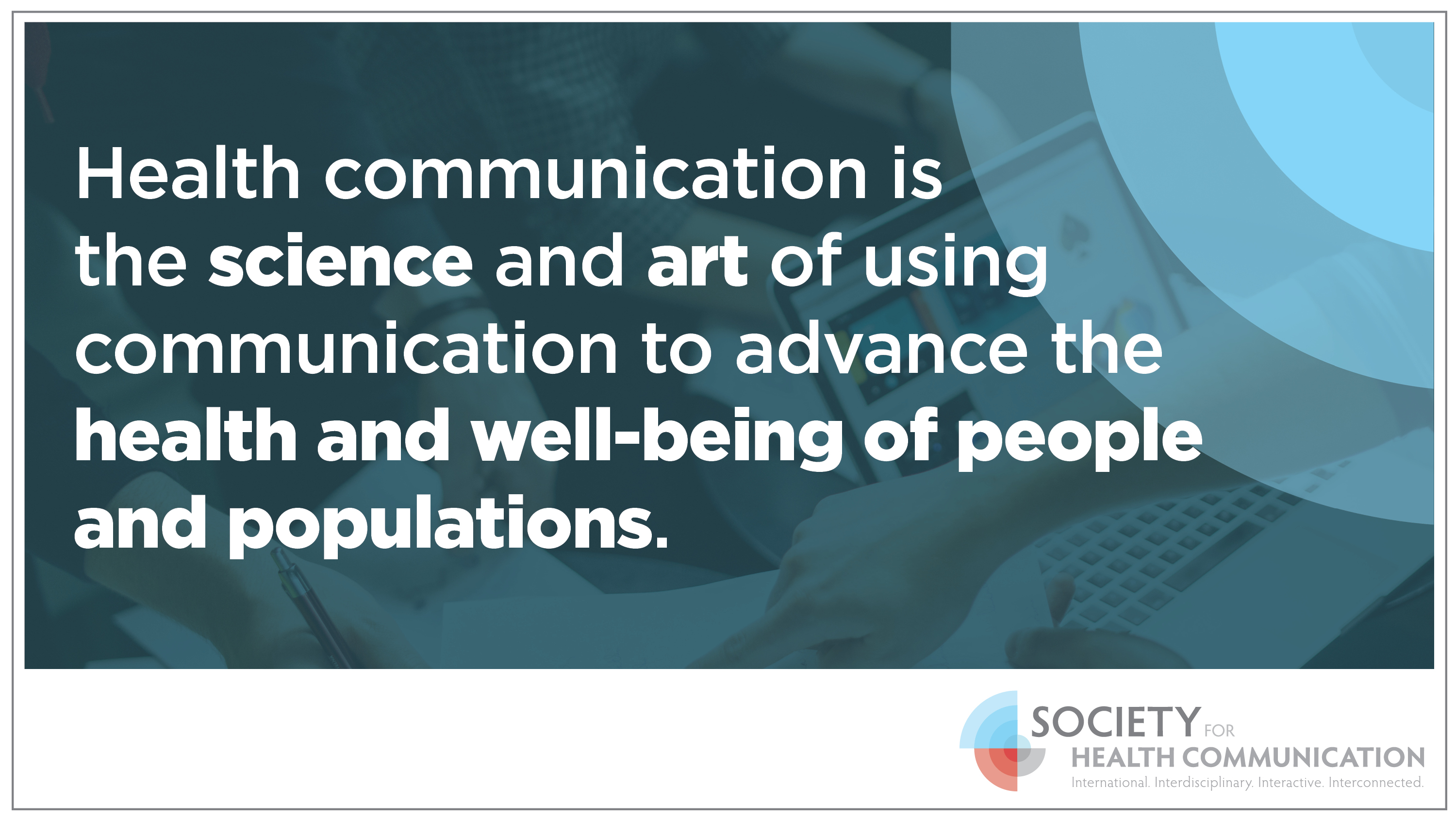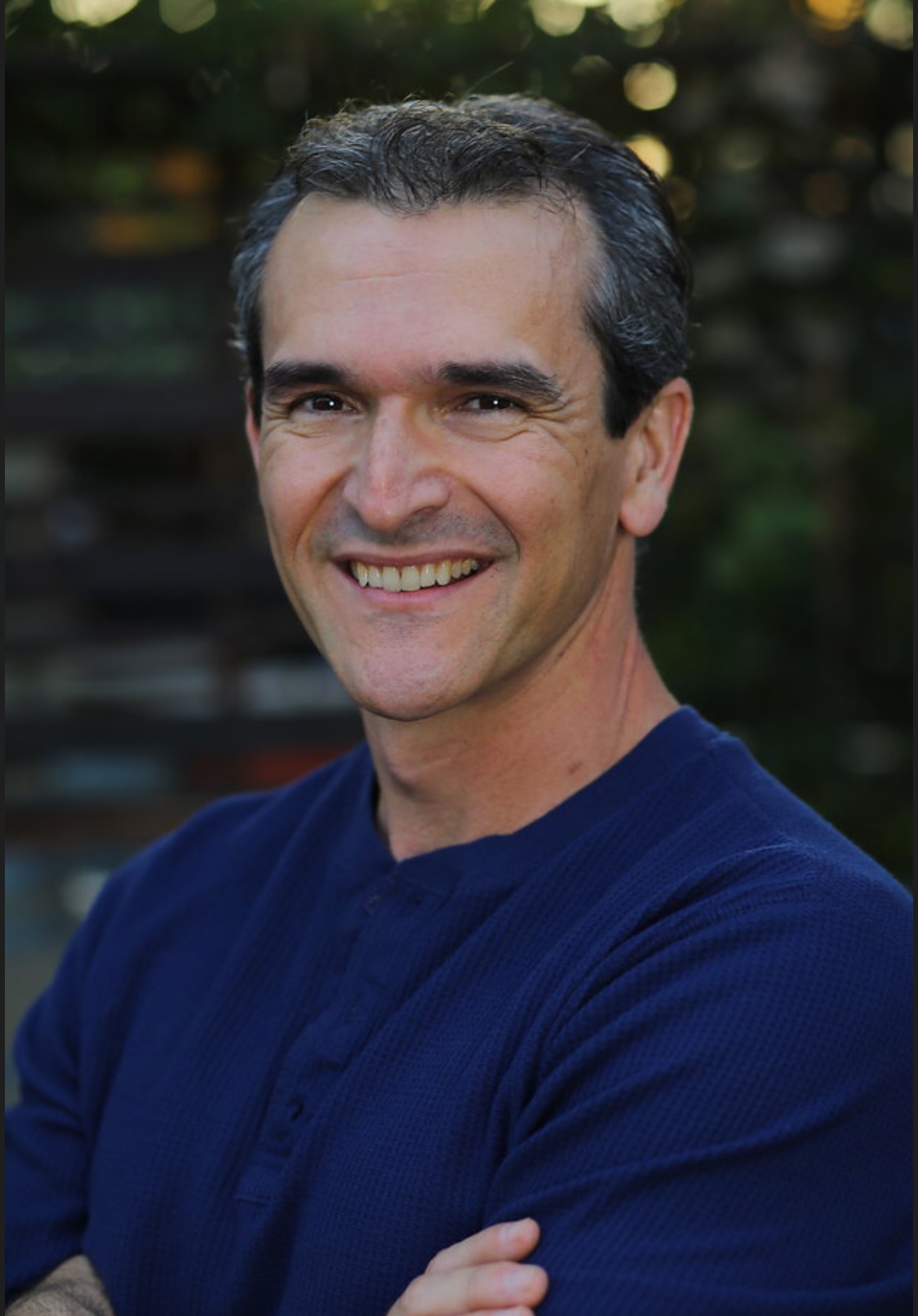Understanding Public Communication: A Comprehensive Definition
Are you struggling to understand Public Communication? Do you want to communicate your ideas more effectively? This comprehensive guide will give you a clear understanding of Public Communication and its key elements.
Public communication is the process of conveying a message to a large audience. It can be done in many ways, including speeches, presentations, press releases, and social media posts. Effective public communication helps you connect with your audience, build relationships, and get your message across.

Health Promotion Practice (Understanding Public Health) : Macdowall – Source www.amazon.co.uk
What is Public Communication?
Public communication is a way of sharing information with a large audience. It can be formal, like a speech or presentation, or informal, like a conversation or blog post. The goal of public communication is to inform, persuade, or entertain the audience.
Public communication is used in a variety of settings, including:
- Political campaigns
- Corporate presentations
- Nonprofit organizations
- Educational institutions
- Religious organizations
No matter the setting, the goal of public communication is to connect with the audience and get your message across.

Understanding Public Wi-Fi Risks When Using Trading Apps – FxExplained – Source www.fxexplained.co.uk
History and Myths of Public Communication
Public communication has been around for centuries, as long as people have been gathering in groups to share information. In ancient Greece, public speaking was a highly respected skill, and there were many famous orators, such as Demosthenes and Cicero.
Over the years, public communication has evolved, and there are now many different ways to communicate with large audiences. However, some of the myths about public communication still persist.
One myth is that you have to be a natural-born speaker to be good at public communication. This is not true. Public communication is a skill that can be learned and improved with practice.

DA-SAAD Bicol spearheads training on effective public communication – Source saad.da.gov.ph
Hidden Secrets of Public Communication
There are many hidden secrets to effective public communication. Some of these secrets include:
- Know your audience. The most important thing is to know your audience and what they’re interested in. What are their needs and concerns? What do they already know about the topic? Once you know your audience, you can tailor your message to meet their needs.
- Be prepared. Preparation is key to effective public communication. Make sure you know your material inside and out. Practice your delivery until you’re confident and comfortable.
- Be passionate. If you’re not passionate about your topic, it will be difficult to get your audience excited. Show your enthusiasm and let your personality shine through.
- Be clear and concise. Your message should be clear and concise. Get to the point quickly and avoid using jargon or technical terms that your audience may not understand.
- Be engaging. Keep your audience engaged by using storytelling, humor, and other techniques. Make sure your delivery is dynamic and interesting.

Speakers make speeches on stage, politicians conduct public – Source www.vecteezy.com
Recommendations for Public Communication
If you want to improve your public communication skills, here are a few recommendations:
- Take a public speaking course. This is a great way to learn the basics of public communication and get some practice.
- Join a Toastmasters club. Toastmasters is a worldwide organization that helps people improve their public speaking skills.
- Practice, practice, practice. The more you practice, the better you’ll become at public communication.
- Get feedback. Ask friends, family, or colleagues for feedback on your public speaking skills. This can help you identify areas where you need to improve.
- Be patient. Learning how to communicate effectively takes time and practice.

Health Communication – Source shc.memberclicks.net
Tips for Public Communication
Here are a few tips to help you improve your public communication skills:
- Be confident. Believe in yourself and your ability to communicate effectively.
- Be organized. Have a clear structure for your presentation and make sure your slides are easy to read.
- Use body language. Stand up straight, make eye contact with your audience, and use gestures to emphasize your points.
- Speak clearly. Enunciate your words and speak at a moderate pace.
- Be enthusiastic. Show your passion for your topic and let your personality shine through.
- Handle questions. Be prepared to answer questions from your audience. This shows that you are knowledgeable about your topic and that you care about your audience’s feedback.

So what is Public Relations anyway? – AM O’Sullivan PR – Source amosullivanpr.ie
Fun Facts about Public Communication
Here are a few fun facts about public communication:
- The average person speaks at a rate of 120 words per minute.
- The most common fear is the fear of public speaking.
- The first public speaking competition was held in ancient Greece in 535 BC.
- The longest speech ever recorded was delivered by Fidel Castro, who spoke for over seven hours in 1960.
- The most famous public speaker of all time is probably Winston Churchill.

SPK CHAP 1-4-2 – Chapters from textbook – UNDERSTANDING PUBLIC – Source www.studocu.com
How to Overcome the Fear of Public Communication
If you are afraid of public speaking, you are not alone. Many people experience this fear, but there are ways to overcome it.
- Practice, practice, practice. The more you practice, the more comfortable you will become with public speaking.
- Know your material. If you are well-prepared, you will be less likely to feel nervous.
- Visualize success. Imagine yourself delivering a successful speech. This can help you boost your confidence.
- Focus on your audience. Instead of thinking about yourself, focus on your audience and what they want to hear.
- Take deep breaths. If you start to feel nervous, take some deep breaths to calm yourself down.

Understanding Public Opinion Polls by Jelke Bethlehem (2017, Trade – Source www.ebay.com
What if Public Communication Doesn’t Come Naturally?
If public communication doesn’t come naturally to you, don’t worry. There are many things you can do to improve your skills.
- Take a class. There are many public speaking classes available. Taking a class can help you learn the basics of public communication and get some practice.
- Join a group. There are many groups, such as Toastmasters, that can help you improve your public speaking skills.
- Practice every day. The more you practice, the better you will become.
- Get feedback. Ask friends, family, or colleagues for feedback on your public speaking skills. This can help you identify areas where you need to improve.
Comprehensive Planning | Idaho Falls, ID – Source www.idahofallsidaho.gov
Listicle of Public Communication
Here is a listicle of public communication:
- Public communication is the process of conveying a message to a large audience.
- Public communication can be formal, like a speech or presentation, or informal, like a conversation or blog post.
- The goal of public communication is to inform, persuade, or entertain the audience.
- Public communication is used in a variety of settings, including political campaigns, corporate presentations, nonprofit organizations, educational institutions, and religious organizations.
- Effective public communication requires knowing your audience, being prepared, being passionate, being clear and concise, and being engaging.

Understanding Public Funding for Native Children and Youth – Early – Source ecfunders.org
Questions and Answers about Public Communication
Here are a few questions and answers about public communication:
- What is the most important thing to remember when giving a public speech?
The most important thing to remember is to know your audience and what they’re interested in.
- How can I overcome my fear of public speaking?
There are many ways to overcome your fear of public speaking, including practicing, knowing your material, visualizing success, focusing on your audience, and taking deep breaths.
- What are some tips for delivering an effective public speech?
Some tips for delivering an effective public speech include being confident, being organized, using body language, speaking clearly, being enthusiastic, and handling questions.
- What are some common mistakes to avoid when giving a public speech?
Some common mistakes to avoid when giving a public speech include speaking too fast, using too much jargon, not making eye contact with your audience, and not practicing your speech beforehand.
Conclusion of Understanding Public Communication: A Comprehensive Definition
Public communication is a powerful tool that can be used to inform, persuade, and entertain. By understanding the principles of public communication, you can become a more effective communicator.





